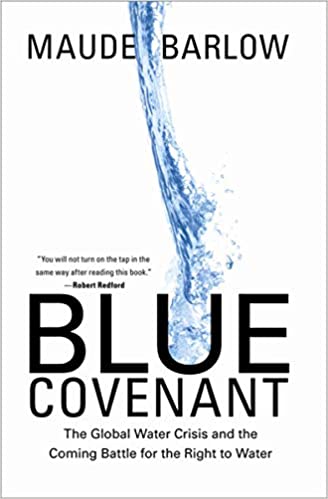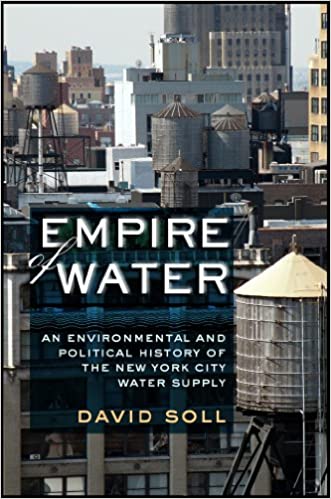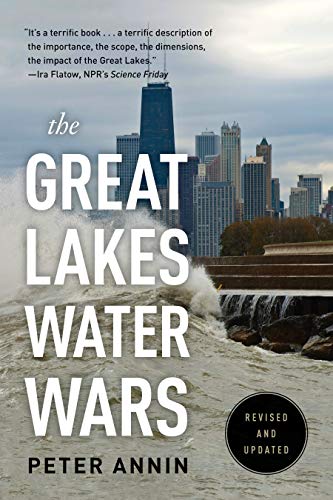
May 7, 2012SRBC Should Put Water Withdrawals for Gas Drilling on HoldTwo New York water withdrawal applications and a number of Pennsylvania applications are on the agenda for the May 10, 2012 public hearing of the Susquehanna River Basin Commission (SRBC) in Harrisburg, PA and are scheduled for action by SRBC at its June 7, 2012 business meeting in Binghamton, NY. Both New York projects are to withdraw water from the Elmira-Horseheads-Big Flats Aquifer on the Chemung River. The Elmira-Horseheads-Big Flats Aquifer is one of only 14 primary aquifers in New York state. It was reported in December that the Delaware River Basin Commission (DRBC) adopted a resolution at its meeting on December 8, 2011, postponing action on any applications for water withdrawals for natural gas drilling in New York state until the New York State Department of Environmental Conservation (DEC) has completed its environmental review of hydraulic fracturing, and that the decision was made at the request of DEC Commissioner Joe Martens. Three water withdrawal applications in Broome County were postponed by the DRBC's decision. The SRBC should be urged to do likewise and put all water withdrawals in New York on hold, including these renewal applications. But putting withdrawals in New York on hold is not enough: the SRBC must put all withdrawals in the Susquehanna River Basin on hold until it conducts a basin-wide cumulative impact study of the impacts of gas drilling on water resources in the basin. On November 9, 2011, 44 organizations in the Susquehanna River Basin called on the SRBC "to exercise its Compact powers to: (1) disclose the science behind this rulemaking [granting water withdrawal permits for the consumptive use of gas drilling]; [and] (2) conduct a Basin-wide study analyzing the impacts of unconventional shale gas development on water resources and water resources management; . . ." New York Attorney General Eric Schneiderman and a group of environmental organizations have sued the federal agencies overseeing the DRBC and the DRBC itself for their failure to conduct a full environmental review of the DRBC's proposed regulations governing water withdrawals for gas drilling under the National Environmental Policy Act (NEPA). On November 8, 2011, AG Schneiderman issued the following statement in response to the DRBC's revised draft regulations:
The same concerns apply to the Susquehanna River Basin, and the SRBC must also be required to do a full study the environmental impacts of fracking in the Susquehanna River Basin. The two New York projects on the SRBC's May 10 agenda are renewal applications for projects first approved in 2008. The initial approvals for both these projects expire on June 12, 2012.
The section of the Chemung River from which the applications seek authority to withdraw water is the Elmira-Horseheads-Big Flats Aquifer. As noted above, this, is a primary aquifer, one of only 14 in New York state. New York's primary aquifers are shown in Fig. 2.1 of the DEC's Draft Supplemental Generic Environmental Impact Statement (RDSGEIS) on hydraulic fracturing, page 2-21. Primary aquifers have been designated by the NYS Department of Health to “enhance regulatory protection in areas where groundwater resources are most productive and most vulnerable.” See the DEC website, Primary & Principal Aquifers. In recognition of the need for special protection of primary aquifers, the RDSGEIS provides that gas drilling will be prohibited within primary aquifers and within 500 feet of their boundaries. Why then should gas drilling companies be allowed to withdraw water from New York's primary aquifers and export it to Pennsylvania for the consumptive use of gas drilling? PDF files of the Chemung River approvals issued in 2008 can be downloaded from the SRBC website. (Look under the name of the project sponsor for Docket Approvals.) It is to be noted that the approvals issued in 2008 state: "Commission approval confers no property rights upon the project sponsor. The securing of all rights necessary and incident to the project sponsor’s development and operation of the project shall be the sole and exclusive responsibility of the project sponsor, and this approval shall be subject thereto." Written comments on these project applications are due on or before May 21, 2012. Written comments may be submitted on the SRBC website. The hearing is scheduled for May 10, 2012, Pennsylvania State Capitol, East Wing, Room 8E-B, Harrisburg, Pa., 2:30 p.m. to 5:00 p.m. The Commission's June 7, 2012 meeting is scheduled for 9:00 a.m. in Binghamton, New York. The deadline for written comments on the SRBC's Low Flow Protection Policy, also to be considered at the June 7th meeting, is May 16, 2012. Posted by Rachel Treichler at 05/07/12 09:45 AM
Copyright 2021, Rachel Treichler
|
|






